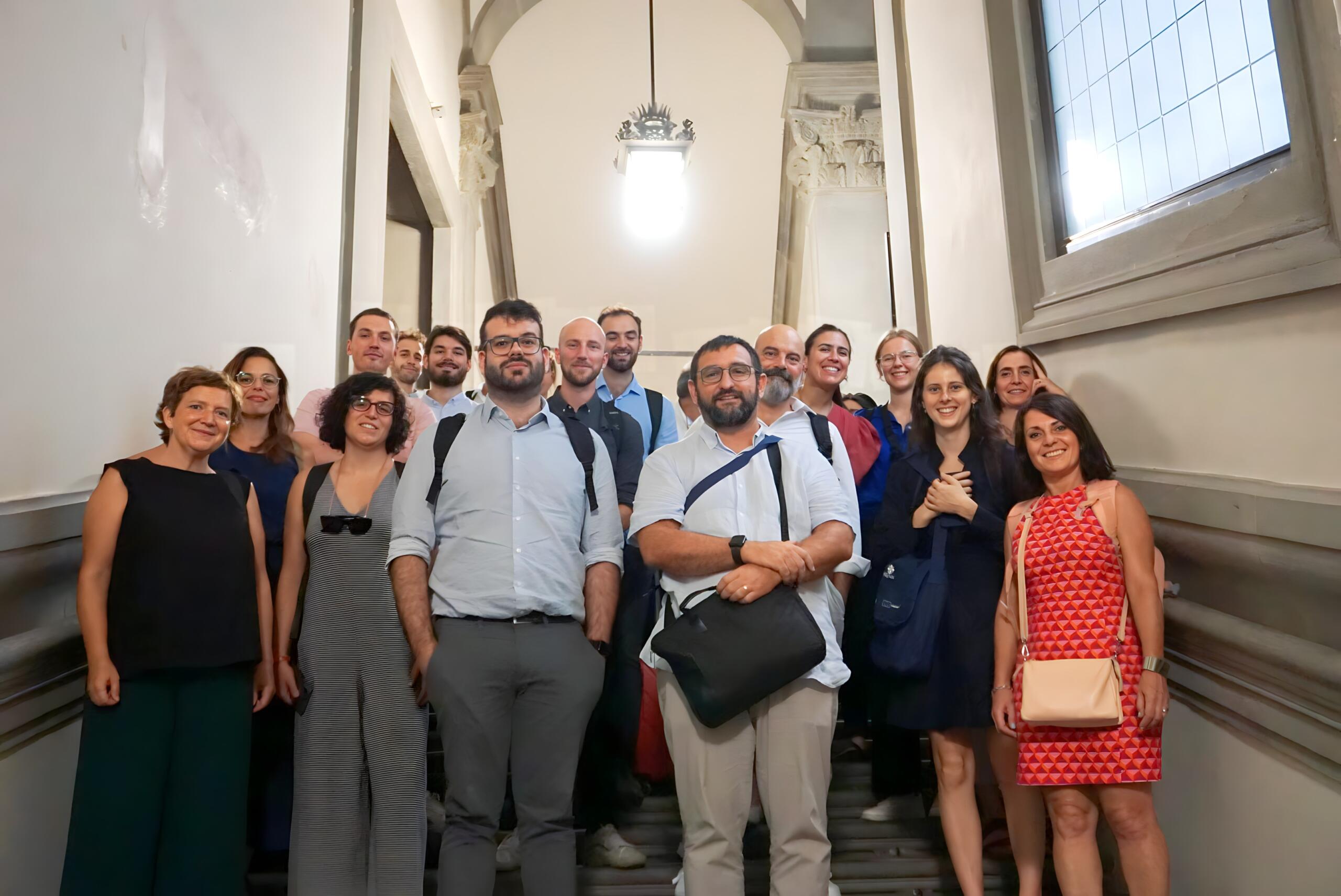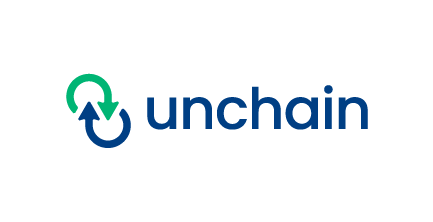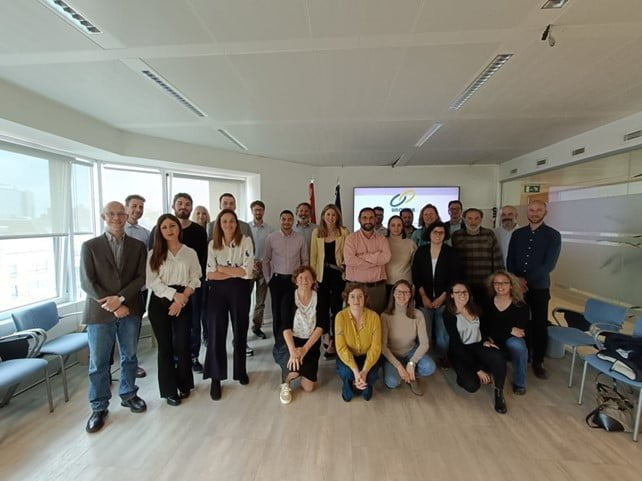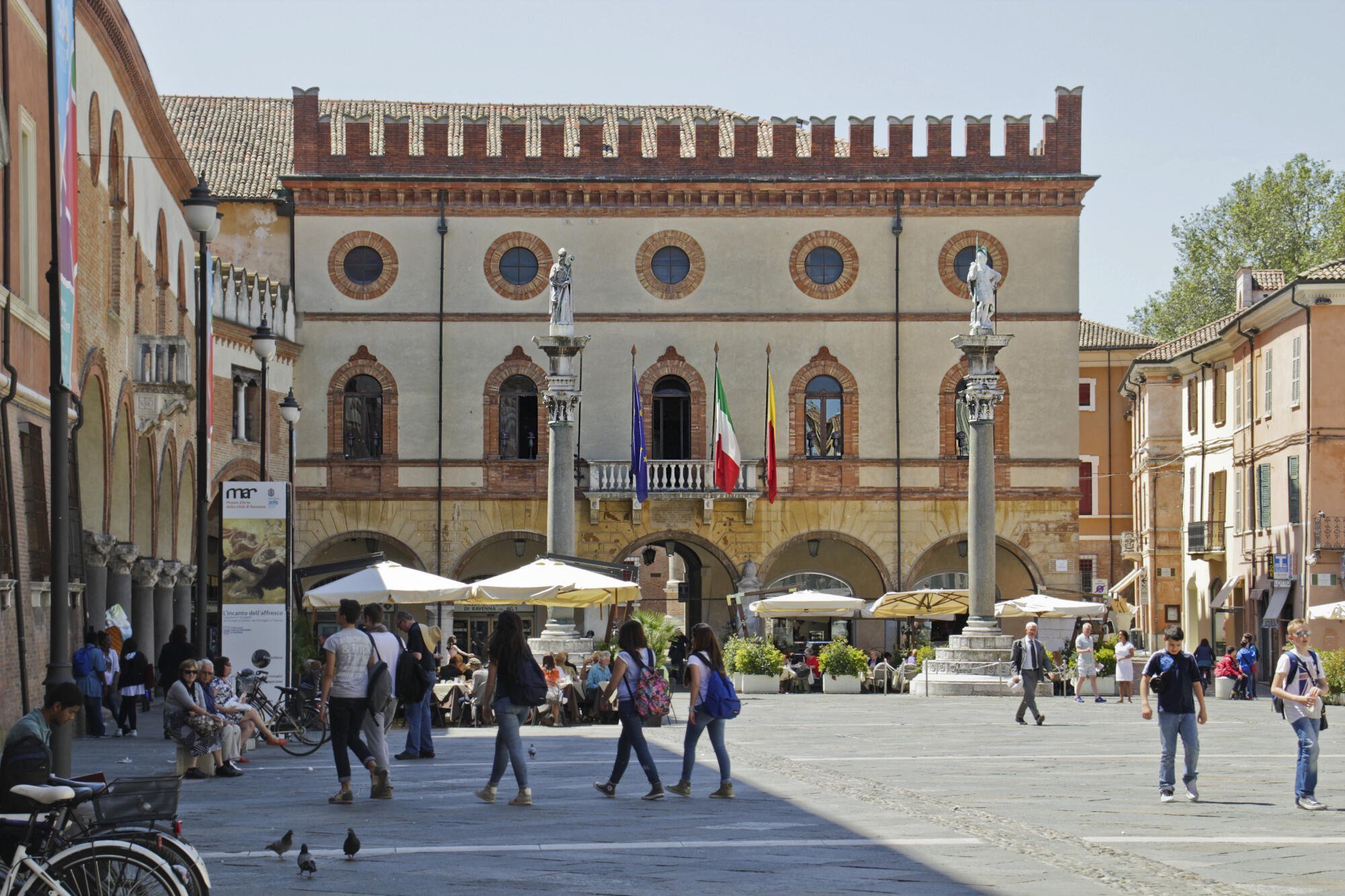UNCHAIN
How to combat the increasing trend of last-mile delivery and online shopping? UNCHAIN tells us how - by promoting public-private data exchange and data operability... and much more!

Berlin, a POLIS Member and one of the 11 cities participating in UNCHAIN. Credit: Shutterstock
The increasing trend in online shopping and last-mile delivery has shown negative sustainability impacts, including excessive energy consumption, inefficient space utilization, and the need to consider the changing social, economic, and energy context when managing logistics demand in cities.
The UNCHAIN project aims to address the challenges associated with the rapidly evolving logistics demand in cities and promote public-private data exchange and interoperability. Rapidly growing urban populations, increasing last-mile logistics demand, and incompatible land uses exacerbate these challenges, necessitating a rethinking of urban transport and logistics management to meet sustainability targets and the priorities of the Green Deal.

Madrid, a POLIS Member and another of the 11 UNCHAIN cities. Credit: Shutterstock
By moving towards a unified and cross-border European space for mobility data, the project aims to develop 12 data-driven city services validated by 11 cities. These services will integrate urban logistics, mobility networks, and urban space to overcome congestion, safety, and environmental challenges, ultimately contributing to the creation of liveable, resilient, safe, and sustainable cities.
UNCHAIN will establish a standardised and reliable data exchange ecosystem through a public-private collaborative framework, which will enable the establishment of data-sharing agreements, break data silos, and enhance the availability and accessibility of urban freight data.

UNCHAIN project members meet in Florence. Credit: UNCHAIN
Leveraging this unlocked data, the project will implement 12 innovative urban logistics services. These services aim to optimize the allocation of urban space, enhance the policy-making capacity of local authorities, and optimize network management and logistics operations.
The project builds on its 11 participating cities to validate the services, including POLIS members Madrid, Berlin, Prague, and Ravenna.
Want to keep up with the latest news? Visit the project's website and follow them on Twitter and LinkedIn.







